Legislative Update - Week 7, 2023
The veto period is upon us, and numerous bills are now on the Governor’s desk awaiting his action. The Governor has 10 days to consider whether he will sign them, allow them to become law without his signature, or veto them. Your General Assembly has worked hard in this short session to deliver meaningful legislation to the governor protected by the veto override period. Any vetoed legislation will qualify for a legislative override when we return to Frankfort on March 29. Any additional bills fully passed during the final two days of the session will not qualify for a legislative override.
First, I want to focus on budget-relevant legislation that did not receive much attention amid more high-profile discussions like medical marijuana, sports betting and other measures.
House Bill 360, the revenue bill and House Bill 448, the budget bill, are clean up measures from last year’s biennial budget bill and tax reform legislation.
House Bill 360 does a number of things. The bill provides tax exemption for fundraising events for certain types of nonprofits and provides restaurant revitalization grants for individuals and corporations. It also provides an extension of certain tourism development agreements that will help some of Kentucky’s attractions. Additionally, it also establishes the Rural Housing Trust Fund as a separate, revolving, non-lapsing fund with eligible uses including acquisition of housing and new construction or rehabilitation of rural housing units.
One of the notable provisions of House Bill 448 is continued support for the Kentucky Nonprofit Network. In last year’s state budget, we allocated $75 million to allow eligible nonprofit organizations to qualify for up to $100,000 in grant funding to support their unique missions. In House Bill 448, we earmarked over $2.5 million as a one-time allocation to the Kentucky Nonprofit Network to support outreach, resources, and programing for Kentucky nonprofits to strengthen Kentucky communities.
A couple additional House Bills I want to highlight include:
House Bill 180 would require health benefit plans to cover biomarker testing for patients diagnosed with cancer and other diseases.
House Bill 249, or Kimber’s Law, would make the intentional killing of a child under the age of 12 an aggravating circumstance. The measure is named after 3-year-old Kentuckian Kimber Collins, who was beaten to death in 2019. With the way statutes are currently written, the man who killed Kimber was not eligible to be sentenced to life without parole in Kentucky. Instead, the man received a 45-year sentence and will be eligible for parole after 20 years. I’m happy we will be able to right this wrong in state statute.
A significant Senate bill receiving final passage and delivered to the Governor included Senate Bill 150. The bill does several things, but notably it provides parents with the information they deserve to know regarding their child’s mental health and services offered in school. It also protects minors from the irreparable harm of sterilizing and ‘gender-affirming’ surgery.
A few additional Senate bills were passed from the chamber and sent to the House, reserving enough time to pass before the session’s end. These are bills believed to have strong bipartisan support where a legislative override of a gubernatorial veto will not be necessary. One was Senate Bill 228, which sets an impaired driving limit for marijuana, specifying people are too impaired to drive if they have five nanograms or more of tetrahydrocannabinol, also known as THC, per milliliter in their blood. THC is a crystalline compound and is the main active ingredient of cannabis. The bill includes a presumption that a person is not under the influence of marijuana for a marijuana concentration below four.
You can find a listing of all bills reaching the Governor’s desk by visiting: https://apps.legislature.ky.gov/record/23rs/enrollment_actions.html.
Watch live legislative activity at KET.org/legislature. You can also track the status of other legislation by calling 866-840-2835, legislative meeting information at 800-633-9650, or leaving a message for lawmakers at 800-372-7181.
